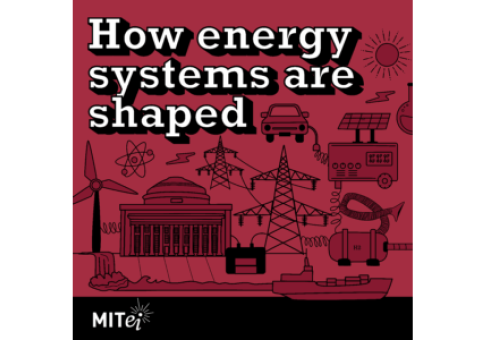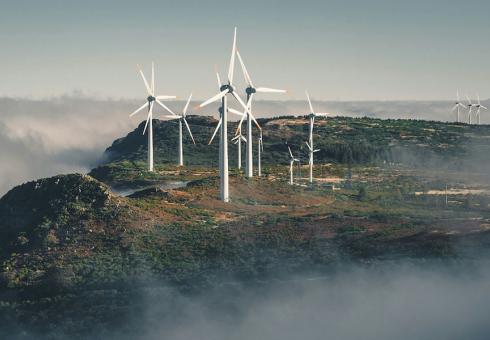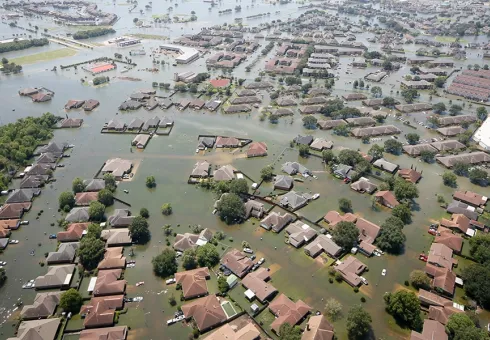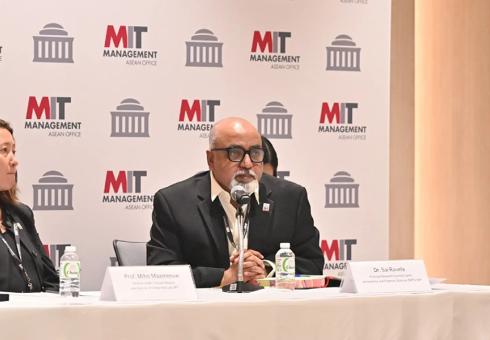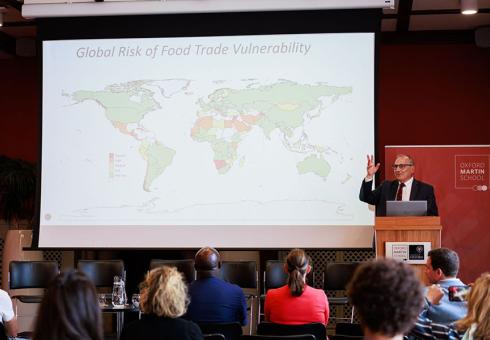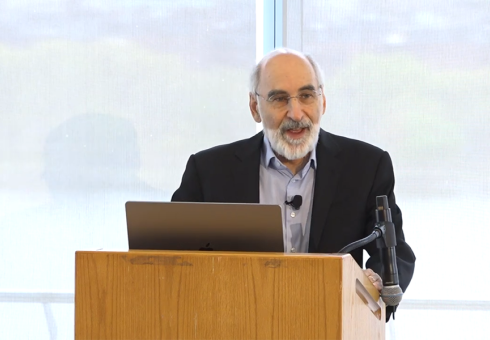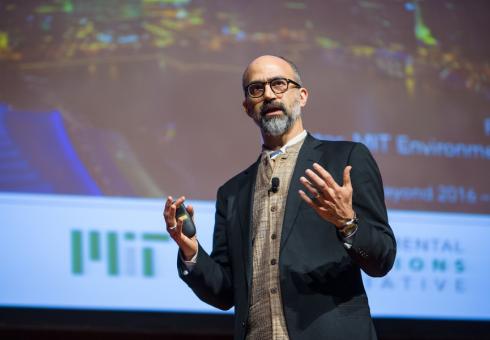News + Media
Data from neighborhood-level air-quality sensors are needed to enable affected populations to limit air pollution exposure, says MIT CS3 Director Noelle Selin (Fast Company)
MIT CS3 researchers co-author chapter on emissions and concentration scenarios (Springer Cham, Chapter 16, pp. 163-176)
MIT Professor Jessika Trancik, a CS3 faculty affiliate, takes a big picture view of how energy systems are shaped and where there is opportunity to innovate (MIT Energy Initiative)
In one project, MIT CS3 researchers aim to create a framework for evaluating decarbonization and energy transition pathways for Africa (MIT Energy Initiative)
Climate change left its signature on the atmosphere early in the industrial revolution, reveals a thought experiment investigation by MIT Professor/CS3 faculty affiliate Susan Solomon and co-authors (Scientific American)
Recent agency layoffs and the dismantling of federal relief programs imperil the extreme-weather-prone Lone Star State, says MIT CS3-affiliate/Professor of Management Emeritus Henry Jacoby (Texas Observer)
Some marine photoplankton can adapt to changing light, altering ocean ecosystems and, potentially, carbon storage, finds a study co-authored by MIT CS3 Senior Research Scientist Stephanie Dutkiewicz (NASA)
In keynote address, MIT EAPS Principal Research Scientist and CS3 affiliate Sai Ravela shares his expertise on mitigating risks from natural and climate disasters, including AI-driven exposure and vulnerability mapping (U.S. Embassy & Consulate in Thailand) (Coverage: The Nation (Thailand), THAI.NEWS)
MIT CS3 postdoc-led study sheds new light on the global carbon tetrachloride emission gap
Keynote address by MIT CS3 Research Scientist Kenneth Strzepek highlights value of index in assessing country-level food security risk
At the MIT Sustainability Summit 2025, MIT Sloan Professor/CS3 faculty affiliate John Sterman stresses the need for “multisolving”—actions that cut emissions and help us adapt to the climate damage we have already caused. (MIT Sloan School of Management)
Components of the Environmental Solutions Initiative will become part of the Climate Project, CS3, Climate Policy Center and other MIT entities (MIT Office of the Vice President for Energy and Climate)



